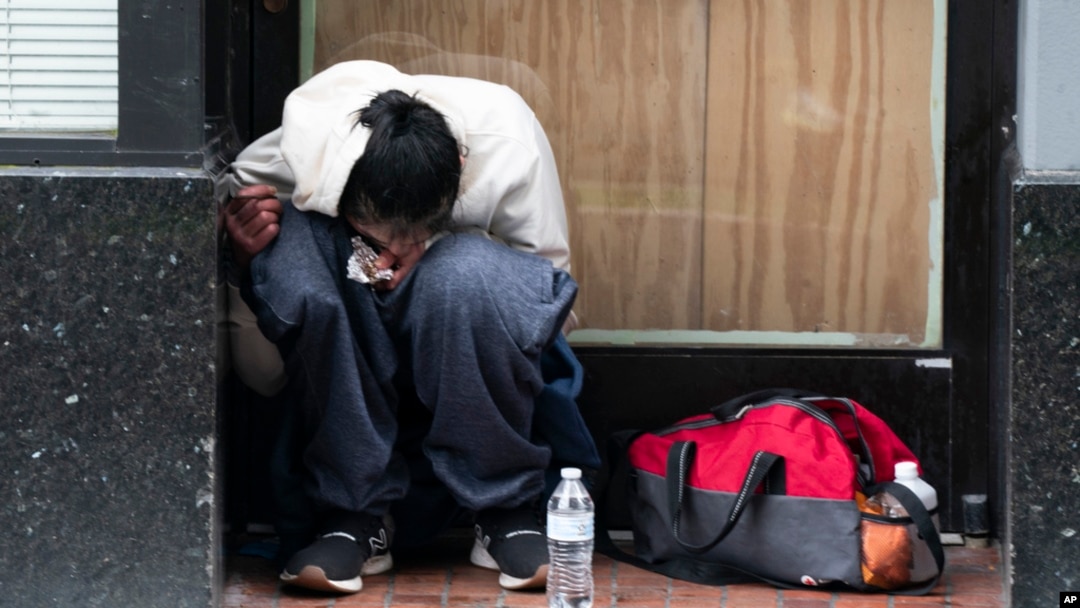Australian authorities are being criticized for ruling out drug decriminalization at an international summit in Sydney this week, ignoring a call by many experts and health groups for a health care response to drug use and addiction rather than criminal penalties.
Several hundred politicians, policy experts, police officers and health professionals gathered this week for a summit on drug reform in Sydney.
The New South Wales government is examining ways to redraft the state’s drug laws and policies.
Calls for the decriminalization of drug use and possession were the focus of the meeting.
Campaigners say not treating drug use as a crime would encourage people to seek help without fear of legal consequences.
New South Wales Health Minister Ryan Park told local media Friday, though, there is not enough local support for such reform.
“The summit is not just about decriminalization, and for a government to move to decriminalize in the drugs ... would be a seismic shift to the way in which we handle drugs in New South Wales,” Park said. “In relation to decriminalization, we think that is too significant to put on the table now without a clear mandate.”
The Sydney summit heard from the mayor of Portland, in the U.S. state of Oregon, Ted Wheeler. He told delegates that earlier this year, state lawmakers repealed laws that decriminalized the possession of small amounts of illicit drugs in the state. He said that the health system has been overwhelmed, and that drug-related crime has risen sharply because of the legislation.
International debate is passionate and divided.
A report by the Global Commission on Drug Policy, formed in 2011 to campaign for drug reform, called for a total reexamination of the approach to illicit substances.
Louise Arbour, a former U.N. high commissioner for human rights, was involved in the report and told the Australian Broadcasting Corporation that a new approach is needed.
“Globally, it is very clear that this so-called war on drugs has created a gigantic international illegal drug trade,” Arbour said. “The worst aspect of that war is that it has essentially been a war on people — been a war on people who use drugs and not a war on people who actually prey on them.”
The annual number of drug overdose deaths in Australia has almost doubled over the past 20 years, according to the Penington Institute, a nonprofit organization in Victoria state.
Some 100,000 people are estimated to die each year from drug overdoses in the United States, but the number of fatalities has decreased, according to research from the Centers for Disease Control and Prevention.


